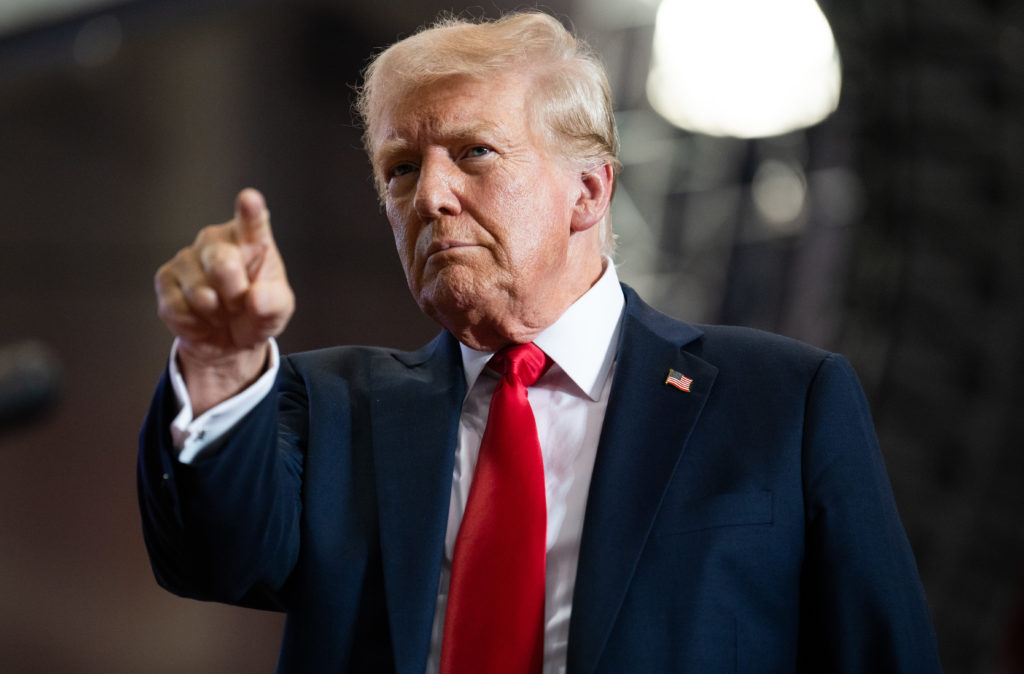Donald Trump’s campaign for the 2024 presidential election enjoys a significant lead compared to his previous runs, buoyed by favorable polling across several critical battleground states. Currently, Trump leads in each of the seven vital states—Wisconsin, Michigan, Pennsylvania, North Carolina, Georgia, Arizona, and Nevada—solidifying his position as a frontrunner. Real Clear Politics’ aggregated data shows him needing to secure only three or four of these states to clinch victory, and an overall sweep would result in an electoral count that could surpass his 2016 achievement. The shifts in voting dynamics have also opened opportunities in states like Virginia and New Hampshire, previously overlooked in the battleground discussions. If current trends persist, Trump may not only win the electoral contest but also capture the popular vote, contrasting with concerns over demographic changes that have typically favored Democrats in states such as California.
The implications of a Trump victory are profound, particularly as it would undermine opposition strategies likened to “lawfare” from multiple sources, including state prosecutors and the Biden administration. Trump’s electoral and popular vote win would provide him with the political mandate to govern without constraints, empowering him to take decisive action against what many see as institutional resistance in Washington, D.C. This potential pushback against “weaponized justice,” as characterized by the author, underscores a narrative that Trump’s return is feared by the political establishment. The use of official and unofficial channels to investigate Trump has galvanized his support amongst grassroots conservatives, further amplifying his campaigning energy in the lead-up to the elections.
Electoral markets reflect Trump’s strong performance in the upcoming elections, with him leading significantly on platforms such as Polymarket and Kalshi. On these prediction markets, he possesses a substantial edge across key battlegrounds, consistently leading by considerable margins. For instance, Trump commands a 20-point lead when considering national results, and his performance in states like Wisconsin, where he enjoys a 16-point lead over his closest rival, further illustrates his standing. This re-energized Republican base has fostered optimism within party ranks, with predictions suggesting Republicans have become favorites not only for the presidency but also for control of Congress. Essential swing states are leaning favorably towards a Republican sweep, amplifying the notion that Trump could effectively leverage a congressional majority to advance his agenda.
Furthermore, the broader political context reveals a shift in voter sentiment favoring Trump. Polls from sources like Rasmussen and Gallup indicate a positive trajectory for him, including notable improvements in his favorability ratings. Unlike previous campaigns, where he faced significantly negative perceptions, his current polls show a net favorability that could bolster his chances significantly. In contrast, Kamala Harris is struggling with negative approval ratings and voters lacking trust in her capabilities to handle pressing issues like the economy and immigration—key topics expected to dominate the upcoming election cycle. Harris’s inconsistent campaign efforts, compounded by her taking breaks during critical campaign periods, suggest a lack of momentum that stands in stark contrast to Trump’s vigorous schedule.
The evolving dynamics of voter registration and turnout reflect a turnaround for Republicans, exemplified by shifts in Pennsylvania’s Luzerne County, where Republican registrations have surpassed Democratic ones. Similar trends appear in North Carolina and Arizona, where Republican early voting engagement has improved notably compared to prior elections. These statistics illustrate an unprecedented situation for a presidential year, with heightened Republican enthusiasm evident in early voting patterns. Observers note that such a shift could critically influence outcomes in states previously deemed crucial to Democratic strategies.
Ultimately, the sense of momentum in Trump’s campaign is juxtaposed against any tactics perceived as manipulation by Democrats. The narrative emerging suggests that only through foul play could Harris secure a win, as the numbers overwhelmingly favor Trump. The importance of ensuring a fair electoral process is highlighted, with encouragement for widespread early voting and mobilization efforts within key battleground states. The call to action emphasizes collective responsibility and participation from supporters to ensure Trump crosses the electoral finish line successfully, reinforcing the need for vigilance against any attempts deemed undemocratic as the election date approaches.

